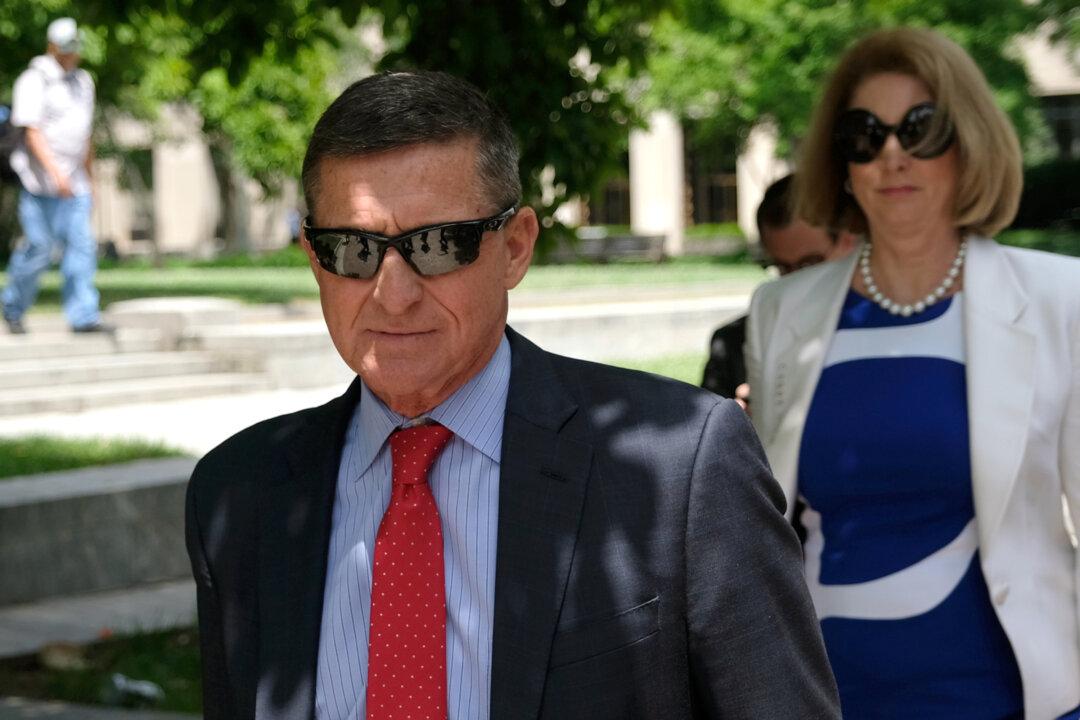Prosecutors on the case against Lt. Gen. Michael Flynn asked the court to give them access to Flynn’s communications with his former lawyers. The prosecutors suggested they are interested in information that could help them level additional charges against Flynn.
Communications with one’s lawyers are normally protected by attorney-client privilege. The prosecutors argued, however, that Flynn gave up that privilege when he accused the lawyers of giving him bad advice.





